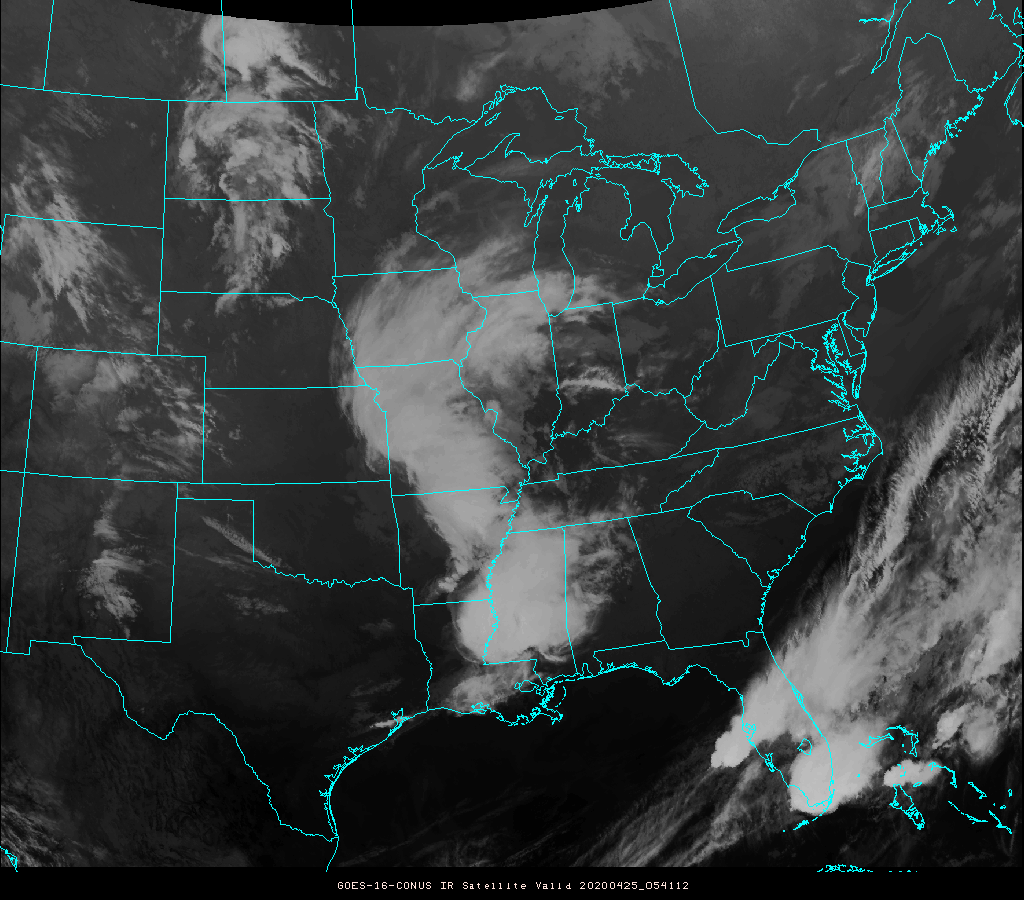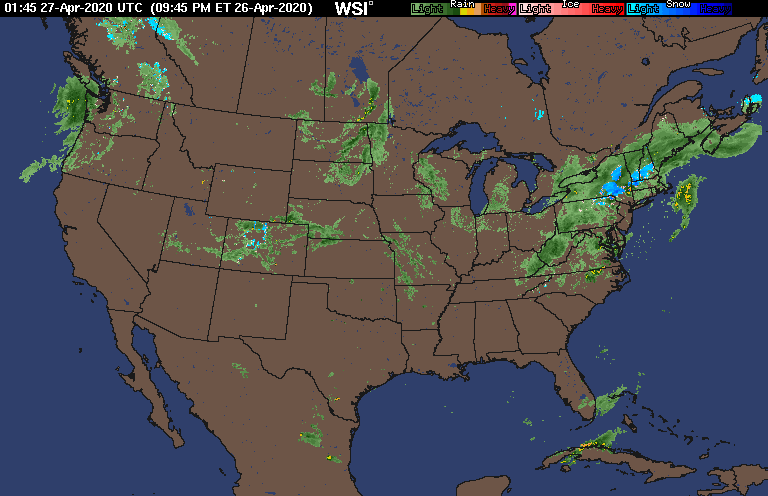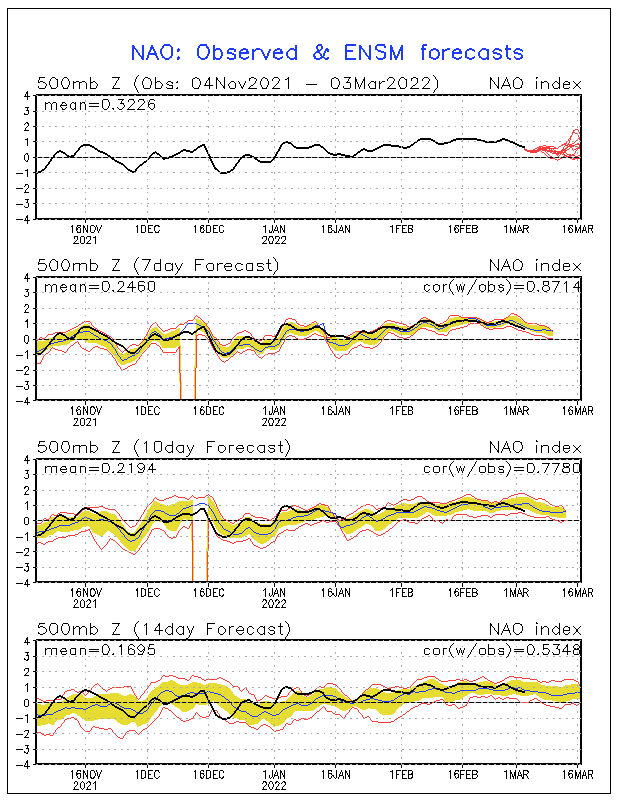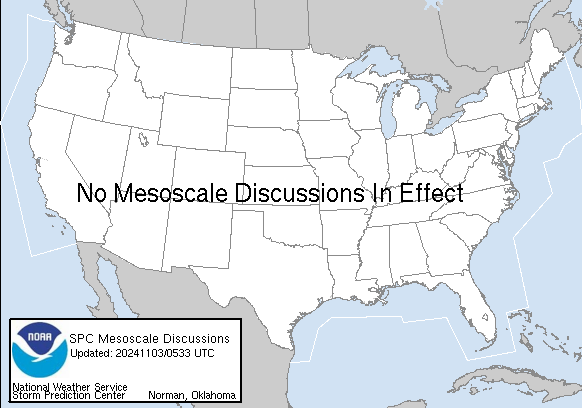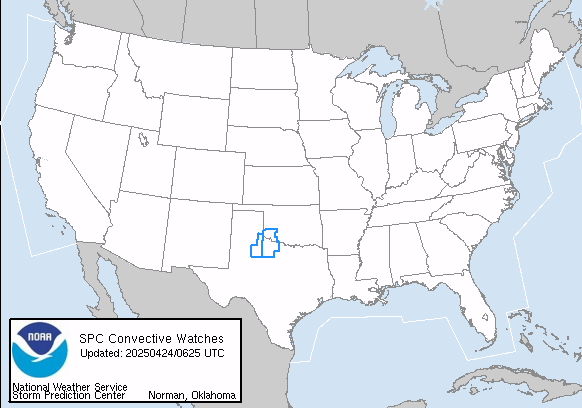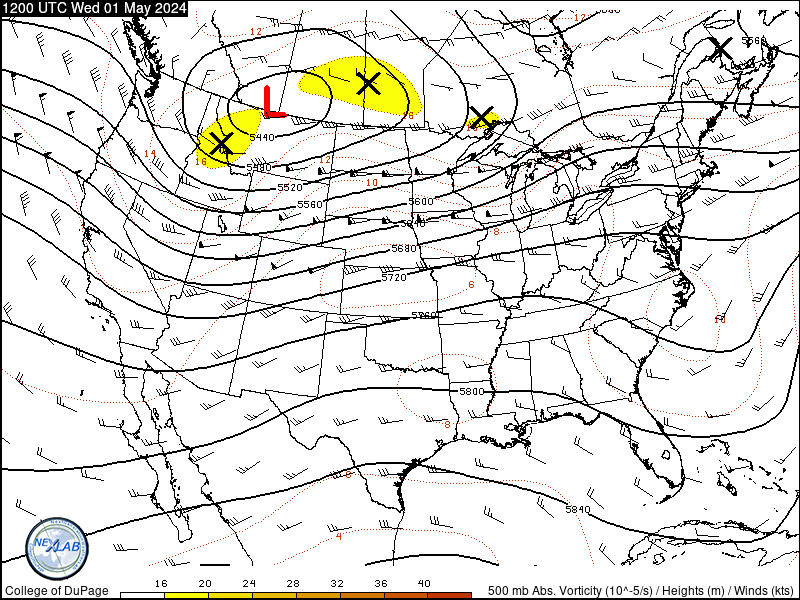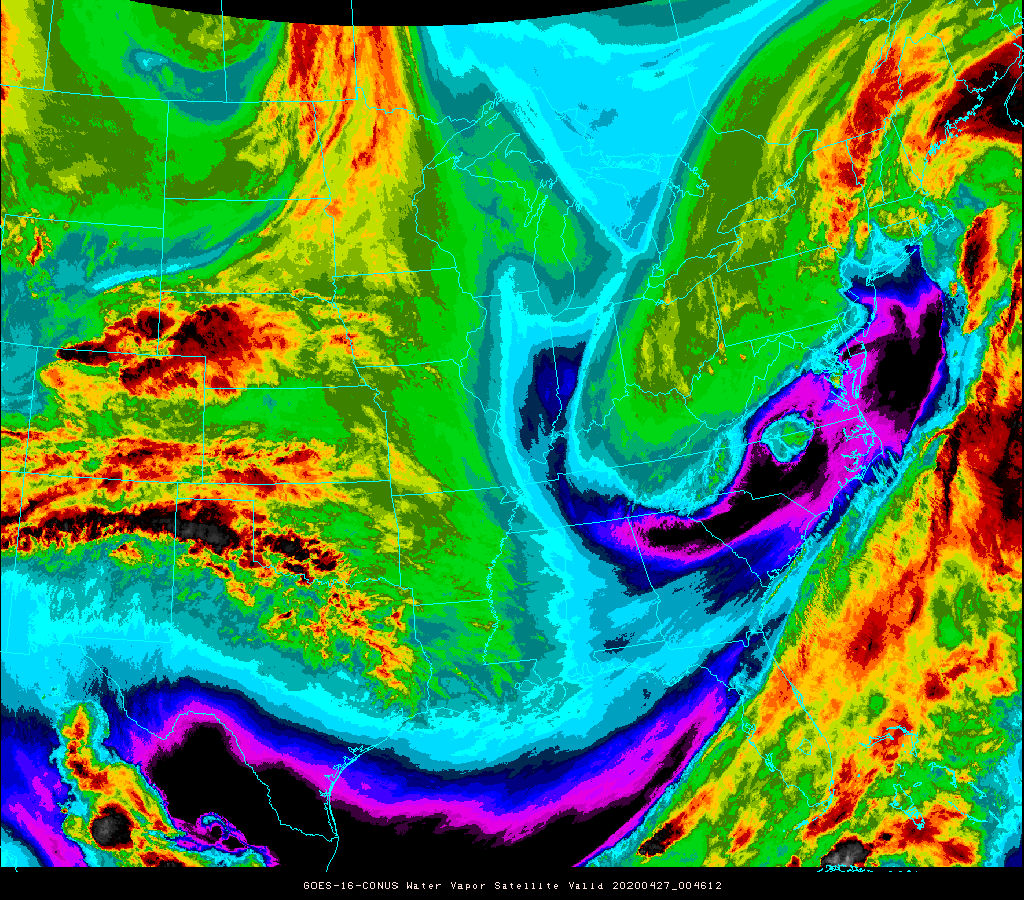Study: Less Arctic ice means more U.S. snow
Page 1 of 1
 Study: Less Arctic ice means more U.S. snow
Study: Less Arctic ice means more U.S. snow
Study: Less Arctic ice means more U.S. snow
http://content.usatoday.com/communities/sciencefair/post/2012/02/arctic-sea-ice-winter-snow-usa-blizzard-climate-change/1
http://content.usatoday.com/communities/sciencefair/post/2012/02/arctic-sea-ice-winter-snow-usa-blizzard-climate-change/1
Most of the USA may have had a reprieve from crippling snowstorms so far this year, but remember the brutal winter of 2010-11? Continued onslaughts of frigid air and brutal blizzards made for a savage and deadly cold season across the country.
Although it may be counterintuitive, frigid winters like last year's could be more commonplace in years to come, and the culprit might be diminishing Arctic sea ice, according to a study released today in the Proceedings of the National Academy of Sciences.
"The recent decline of Arctic sea ice has played a critical role in recent cold and snowy winters," the authors write in the study. The study's lead authors are Jiping Liu and Judith Curry of Georgia Tech.
"Pronounced loss of ice may alter atmospheric circulation patterns," Liu and Curry suggest in the study, "weakening the westerly winds that blow across the North Atlantic Ocean from Canada to Europe…. The weakened westerly winds may, in turn, enhance blocking patterns that favor frequent incursions of cold air masses from the Arctic into northern continents."
Additionally, Liu says that the increased humidity due to the open water of the ice-free Arctic can help provide the fuel that's needed to increase the snowfall.
Snow would be heavier and more common in North America, northern Europe and across northern Asia and China, Liu notes.
Last September, sea ice covering the Arctic Ocean fell to the second-lowest extent in the satellite record, which began in 1979, according to the National Snow and Ice Data Center. This continued a downward trend that's been observed over the past 3o years.
As to whether the specific relationship between Arctic sea ice and increased snowfall can be attributed to climate change and/or natural variability, Liu says that much more research will be needed before a determination can be made.
However, scientists attribute the overall loss of sea ice "in large part to warming temperatures caused by climate change," the ice data center reports.
See photos of: weather, Climate Change, Snow, Global Warming
 Similar topics
Similar topics» Weather-Manmade Global Warming Link Builds, Study Says
» Arctic Front/Lakes Fetch Snow Dec 20-23
» Quick shot of snow and Arctic Outbreak coming
» Timing the Coming Arctic Cold
» Dead for 32,000 Years, an Arctic Plant Is Revived
» Arctic Front/Lakes Fetch Snow Dec 20-23
» Quick shot of snow and Arctic Outbreak coming
» Timing the Coming Arctic Cold
» Dead for 32,000 Years, an Arctic Plant Is Revived
Page 1 of 1
Permissions in this forum:
You cannot reply to topics in this forum

